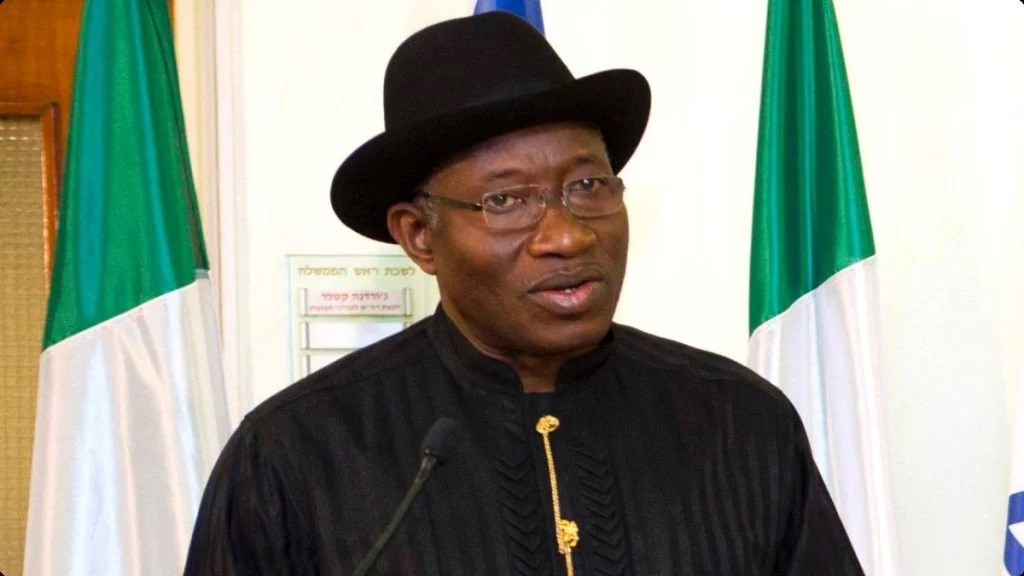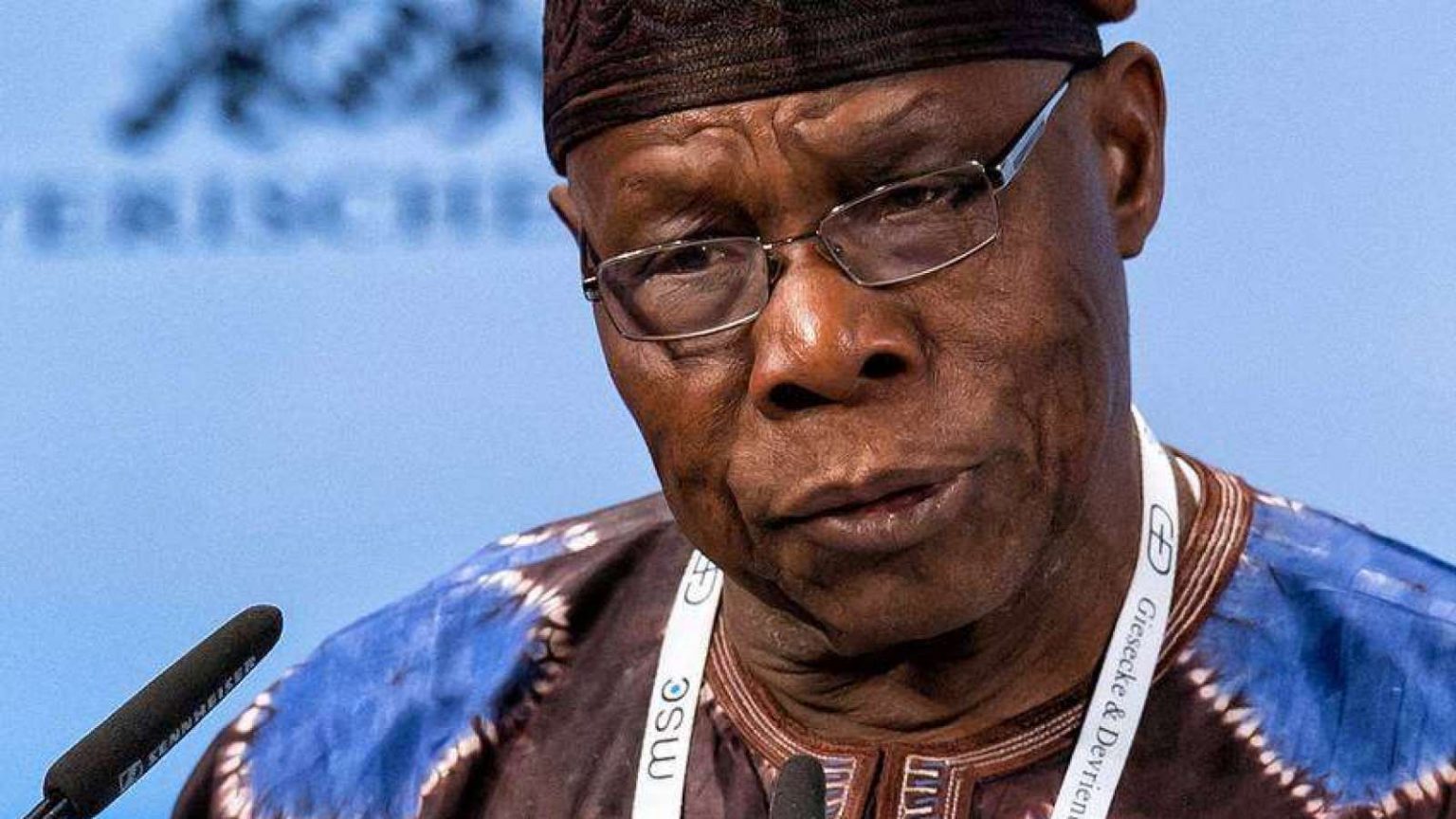It happened again last week. And all the major newspapers picked up the news. It was a perennial showdown between the operatives of two security agencies – the Economic and Financial Crimes Commission (EFCC) and the Department of State Services (DSS). This time, the bone of contention was the attempt by the EFCC to arrest two of the intelligence community’s ex-chiefs – Ita Ekpeyong, former head of the DSS and Ayo Oke, the recently dismissed head of the National Intelligence Agency (NIA).
To say the situation was badly handled would be a gross understatement of the lack of professionalism shown by the agencies involved. According to reports, the standoff led to threats that degenerated into rifles being corked and aimed within the full view of members of the public and pressmen at the scene, who were alarmed and frightened.
In the aftermath of the incident, there are two major issues dominating discourse on the matter; the first is whether due process was followed, which itself brings a sub-question of what due process is, in the circumstances. The second issue dwells on the lack of cooperation between Nigeria’s security agencies.
The apparent disconnect in operational cooperation and lack of general inter-agency courtesy has, on many occasions, led to worse cases of ego-fuelled street brawls in a literal battle for supremacy.
On the issue of due process, the many opinions that have been rendered do not agree on what exactly that would entail in the circumstances of this clash. The majority opinion, however, supports the right of the EFCC to storm the residences of the two ex-security chiefs. The argument for that opinion is that nobody is above the law and the DSS had no business obstructing the EFCC from effecting the arrest of individuals who have no immunity by law.
On the other hand, the opposing views point to a subsisting edict titled: “Instrument No. 1 of 1999”, which shields the DSS from external audit investigation of its financial dealings, making them subject only to presidential review. The order was a proclamation by the outgoing General Abdulsalami Abubakar’s regime on May 23, 1999, a few days before the nation’s transition to civilian rule. The implication is that until this edict is repealed by the National Assembly, the two agencies will always have friction.
At any rate, too much blame cannot be heaped on any of the teams on ground during the incident. The DSS operatives could not have been expected to give up their principals without prior superior order to stand aside. The EFCC should have contemplated this eventuality, warrant or no warrant. The EFCC and police operatives were also given a clear mandate from their headquarters. It is not in the training of any security agency to abandon an order at a whim.
If our security agencies develop enmity towards each other over little issues, they may drop the ball on potentially severe threats to the country through non-cooperation.
Remembering that the operations of the DSS and NIA are covert in nature also dims the right of the EFCC to haul in any operative or ex-operative and ask questions as it deems fit, without an extra layer of authority outside a magistrate’s warrant of arrest. This may account for the ex-security chiefs not honouring invitations to answer questions bothering on their operations.
Ita Ekpeyong of the DSS is wanted by the EFCC in connection with the Dasuki arms cash bazaar, while Ayo Oke is wanted in relation to the Osborne (Ikoyi) cash find. While the Presidency has said it is not stopping the EFCC from carrying out any investigation, any information concerning the use or intended use of the Osborne cash or Dasuki’s cash by these agencies may be protected information that can only be divulged upon clearance from higher authority.
Even if the EFCC has found personally incriminating evidence against any of the two ex-chiefs, it ought to share and coordinate with their respective agencies. If the EFCC Act does not require this, surely common sense in these matters does, especially when dealing with sensitive information. No spy agency or secret service in the world would willingly submit operatives or ex-operatives to scrutiny without assurances that the inquiry will not touch on its operations.
This leads to the second issue of inter-agency cooperation. While it may not be feasible for security agencies to open their operations wholesale to others to scrutinise for the sake of coordination, there ought to be guidelines for a minimum level of information sharing and circumstances for coordination in operations. Every once in a while, purposes intersect and undue friction can be addressed through ready guidelines and procedures for these situations.
It is widely believed that the lack of collaboration between the United States of America’s Federal Bureau of Investigations (FBI) and the Central Intelligence Agency (CIA) contributed to the success of the September 11, 2001 terror plot in that country. If our security agencies develop enmity towards each other over little issues, they may drop the ball on potentially severe threats to the country through non-cooperation.
In Nigeria’s case, at least, the problem is deepened by a lack of professional courtesy towards other security agencies. Men of the Nigerian Police Force, for example, are notorious for their disregard of the men of the Nigerian Security and Civil Defence Corps (NSCDC).
The police are, in turn, hounded by the Nigerian military, particularly the army, which regards it as a inferior security force and openly displays its disdain of the police at every opportunity. Lives have been lost through this unnecessary supremacy contests.
When these agencies and their supervisors are working at cross purposes, clashes like this will continue. It is better to make sacrifices now that will help improve inter-agency relations, than to have to deal with the consequences of lack of cooperation later, when it will be too late.
In this recent DSS and EFCC/police clash, the discourteous mien of the men is further heightened by the perceived personal vendetta of Ibrahim Magu, the EFCC boss, who seems to have an axe to grind with the DSS over his confirmation saga. While one may never know the truth, the bad blood is thick and obvious between Magu’s EFCC and the DSS.
Also related to discourtesy and unprofessionalism is Magu’s tendency to court publicity in the EFCC’s operations. Without being told, a keen observer can guess that the press presence at this recent clash was no coincidence, just as it happened during the Osborne seizure. The tip-off of the press could only have come from one quarter and, as it turned out, they were called to witness the nation being embarrassed, again.
Our security agencies need to be trained on agency interaction and the positives of coordination when necessary. A re-orientation is long overdue and it must begin from the top of the hierarchy of these agencies, where the problem usually originates. Also, guidelines addressing the issues raised by this recent clash need to be explored and determined to prevent these kinds of occurrences in the future.
The law does its best to give guidelines, but it cannot address every possible eventuality; which is why law-making is an on-going process. Circumstances like this are opportunities to modify existing laws to accommodate new scenarios. This is what the Senate ought to be focusing on, not on setting up committees and launching useless probes into matters that the Federal Executive Council or judiciary are better positioned to handle at this juncture.
In a case like this, the position of the attorney general is crucial in keeping sanity within the security agencies. However, the antecedents of Abubakar Malami, the present attorney general, have been even more divisive. Malami, for instance, was involved in the gung-ho raid by the DSS on judges’ residences that led to similar clashes some time ago.
For whatever it is worth, it is doubtful that Magu and Malami enjoy a cordial enough relationship for the former to seek the help of the latter in this matter. The AG’s position with regard to Magu, an appointee of the executive, betrays the same disconnect that leads to clashes like the one that was witnessed in Asokoro last week.
This disconnect summarises the point of this whole piece. When these agencies and their supervisors are working at cross purposes, clashes like this will continue. It is better to make sacrifices now that will help improve inter-agency relations, than to have to deal with the consequences of lack of cooperation later, when it will be too late.




